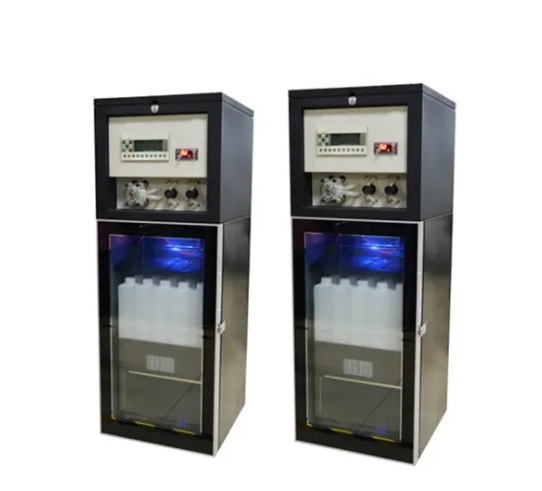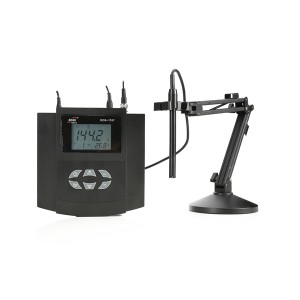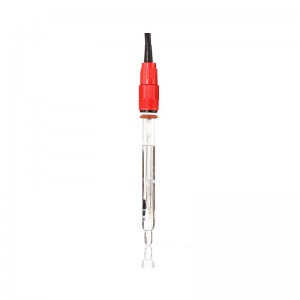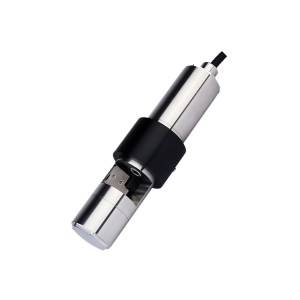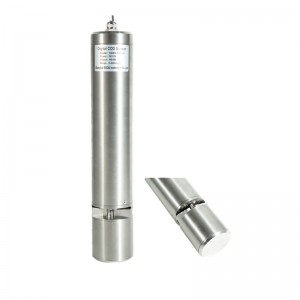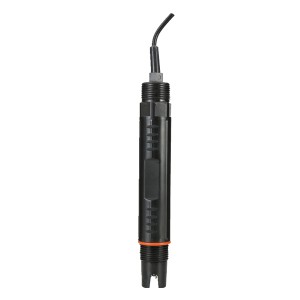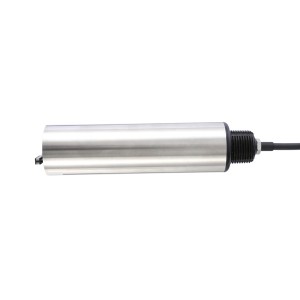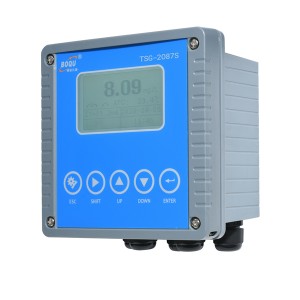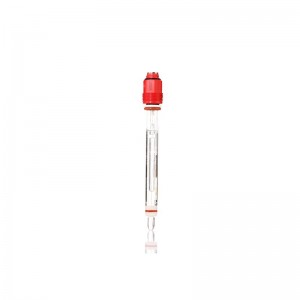Water sampler plays a critical role in monitoring and ensuring the quality of industrial water. They provide valuable data for compliance with environmental regulations, process control, and research. To maximize the effectiveness of water sampling, it’s important to have the right accessories. In this article, we will explore essential water sampler accessories that you can’t do without.
Essential Accessories for Water Sampler
1. Sample Containers: Best Water Sampler
Sample containers are the backbone of any water sampling process. They come in various sizes and materials to suit different applications. Common options include glass bottles, plastic containers, and bags. Choosing the right container is crucial to prevent contamination and ensure the integrity of your water samples.
2. Sample Collection Tools: Best Water Sampler
To obtain representative samples, you’ll need sample collection tools such as grab samplers or depth samplers. These tools help you reach specific depths in water bodies to collect samples from various points. Ensure that your sampler can accommodate the necessary tools for your sampling needs.
3. Sample Preservation Kits: Best Water Sampler
Water samples often need to be preserved to maintain their integrity during transportation and analysis. This is particularly important if your sampling location is far from the laboratory. Sample preservation kits typically include chemicals and containers that help preserve the sample’s characteristics until analysis.
4. Sample Labels and Documentation: Best Water Sampler
Accurate record-keeping is essential for tracking and analyzing water samples. Labels and documentation tools, such as waterproof pens and notebooks, are crucial for recording relevant information about the sample, including location, date, time, and any specific observations.
5. Sample Transport Cases: Best Water Sampler
To prevent damage or contamination during transportation, sample transport cases are indispensable. These cases are designed to securely hold the sample containers and prevent leakage. They also help maintain the required temperature conditions for preserving the samples.
Using Water Sampler for Industrial Water Quality Compliance
Water quality is a top concern in various industries, from manufacturing to power generation. Compliance with water quality regulations is crucial to ensure that industrial activities do not harm the environment or public health. Water samplers are valuable tools for monitoring and achieving compliance with these regulations.
1. Monitoring Water Quality: Best Water Sampler
Water samplers enable industries to monitor water quality parameters such as pH, turbidity, temperature, dissolved oxygen, and various contaminants. By collecting regular water samples, industries can track changes in these parameters over time, identifying potential issues and taking corrective actions promptly.
2. Compliance with Regulations: Best Water Sampler
Many industrial processes involve the release of water into natural bodies or wastewater treatment systems. Compliance with regulations, such as the Clean Water Act in the United States, is essential. Water samplers help industries ensure that their discharges meet the required standards, avoiding fines and legal issues.
3. Process Control and Optimization: Best Water Sampler
Water samplers also play a crucial role in process control and optimization. By continuously monitoring water quality parameters, industries can adjust their processes to operate efficiently while maintaining compliance. This results in cost savings and reduced environmental impact.
4. Environmental Impact Assessment: Best Water Sampler
For industries that are planning new projects or expansions, conducting environmental impact assessments is essential. Water samplers help collect baseline data on the water quality of the area, which is crucial for assessing potential impacts and designing mitigation measures.
Troubleshooting Common Issues with Water Samplers
While water sampler is invaluable tools, they can encounter various issues that may affect their performance. Troubleshooting these problems is essential to ensure the accuracy and reliability of water quality data.
1. Calibration Errors: Best Water Sampler
Calibration is a critical aspect of water sampling. If the sampler is not properly calibrated, the collected data may be inaccurate. Regularly calibrate the water sampler according to the manufacturer’s guidelines to maintain precision.
2. Contamination: Best Water Sampler
Contamination of water samples can occur at various stages, from sample collection to transportation and analysis. Ensure that all equipment and accessories used are clean and free from contaminants. Proper handling and storage of samples are also essential to prevent contamination.
3. Sample Collection Errors: Best Water Sampler
Inaccurate sample collection can lead to misleading results. Ensure that the sampler is positioned correctly, and the appropriate sampling tools are used. Follow the recommended sampling depth and duration to obtain representative samples.
4. Power and Connectivity Issues: Best Water Sampler
Many modern water samplers are automated and rely on power and connectivity to function correctly. Check for power supply issues, such as battery life, and ensure that data transmission is reliable. Regular maintenance is crucial to avoid such problems.
5. Data Recording and Documentation: Best Water Sampler
Accurate data recording and documentation are critical for the reliability of water quality data. Any errors or omissions in recording information about the sample can affect the data’s usefulness. Implement a robust data management system and provide adequate training to personnel involved in the sampling process.
Technical Features: Best Water Sampler
The technical features of the AWS-A803 Water Sampler are nothing short of impressive, enabling a wide range of sampling options to suit the specific needs of any water treatment application:
1. Routine Sampling: The sampler offers various routine sampling methods, including timing, time equal ratio, flow equal ratio, liquid level equal ratio, and external control sampling. This flexibility allows for precise and tailored data collection.
2. Bottle Dividing Methods: The device supports different bottle-dividing methods, such as parallel sampling, single sampling, and mixed sampling. This versatility ensures that the water sampler can adapt to varying sampling requirements.
3. Excessive Sample Retention: In conjunction with online monitoring systems, the AWS-A803 Water Sampler can automatically retain water samples in the sampling bottles when abnormal data is detected. This feature is crucial for quality control and troubleshooting.
4. Power-Off Protection: The device comes with automatic power-off protection, ensuring that it continues to function seamlessly even after a power interruption. This reliability is crucial in maintaining uninterrupted data collection.
5. Record-Keeping: The water sampler maintains detailed records, including sampling records, door opening and closing records, and power-off records. This documentation provides transparency and accountability in the sampling process.
6. Digital Temperature Control: With precise digital temperature control of the chill box, the AWS-A803 Water Sampler ensures that temperature remains uniform and accurate. An additional soaking system further enhances temperature control.
Applications: Best Water Sampler
The versatility of the AWS-A803 Water Sampler makes it an ideal choice for various applications:
1. Wastewater Plants: In wastewater treatment facilities, precise sampling is essential for monitoring pollutant levels and ensuring compliance with regulatory standards.
2. Power Plants: Power plants often require continuous water sampling to assess the quality of water used in various processes and systems, preventing corrosion and scaling issues.
3. Tap Water Treatment: Ensuring the safety and quality of tap water is paramount. The AWS-A803 Water Sampler aids in monitoring water quality to provide clean and safe drinking water to communities.
Conclusion
In conclusion, water samplers and their accessories are indispensable tools for monitoring water quality and ensuring compliance with industrial water quality regulations. Properly equipped and maintained water samplers can provide valuable data for industries, regulatory agencies, and researchers. However, it’s essential to be aware of common issues that can affect sampler performance and take appropriate measures to troubleshoot and resolve them. With the right equipment and best practices, industries can maintain high water quality standards while minimizing their environmental impact.
Post time: Nov-10-2023

